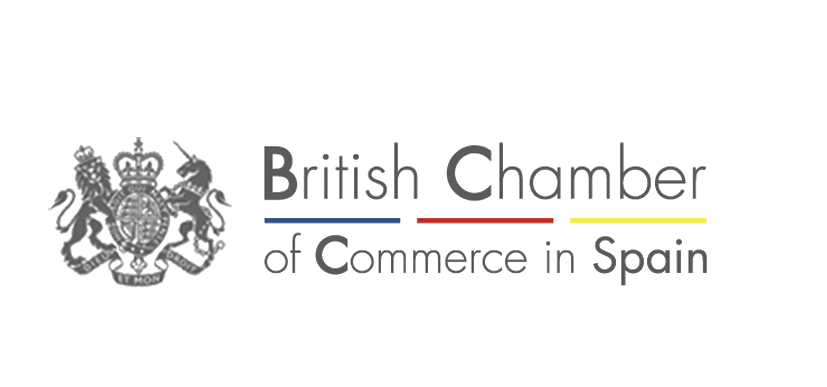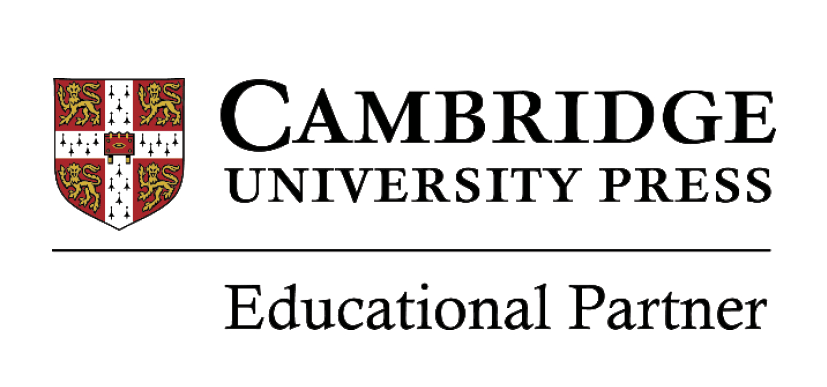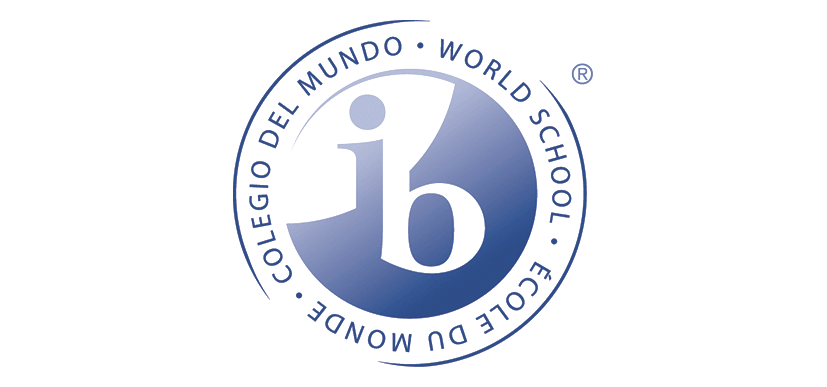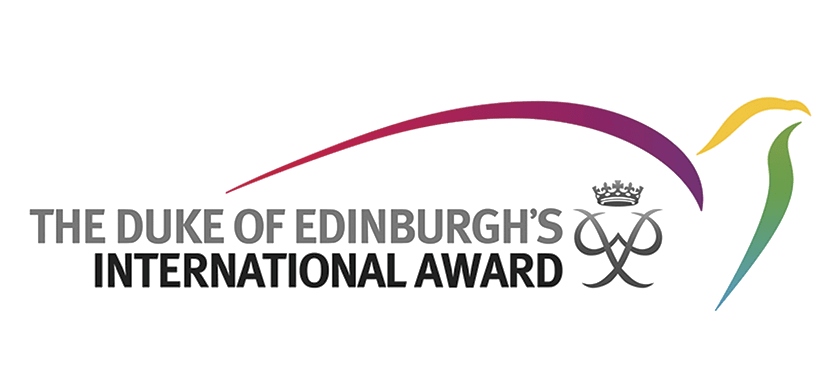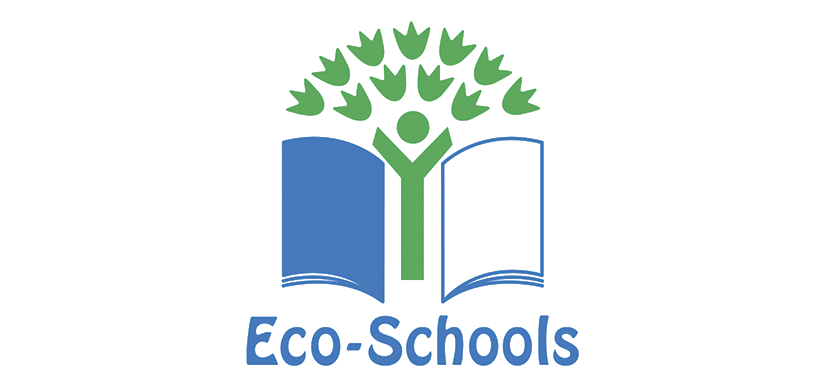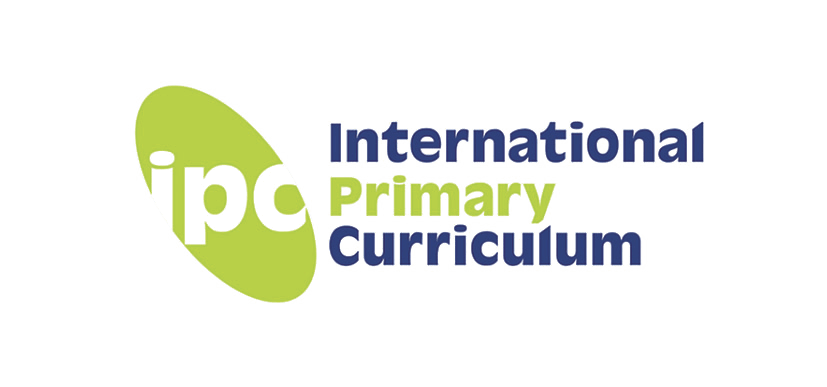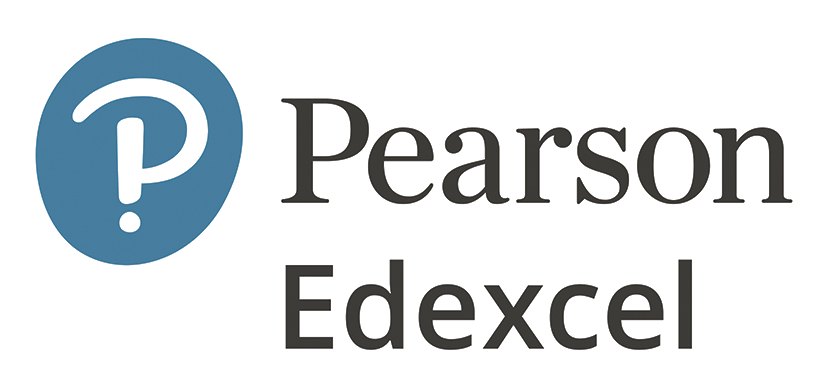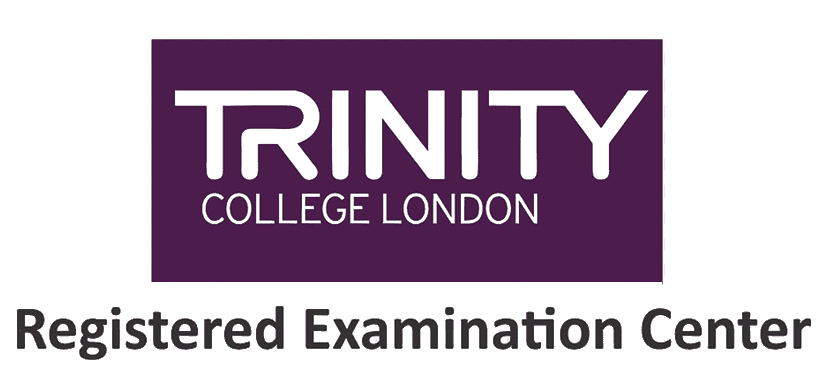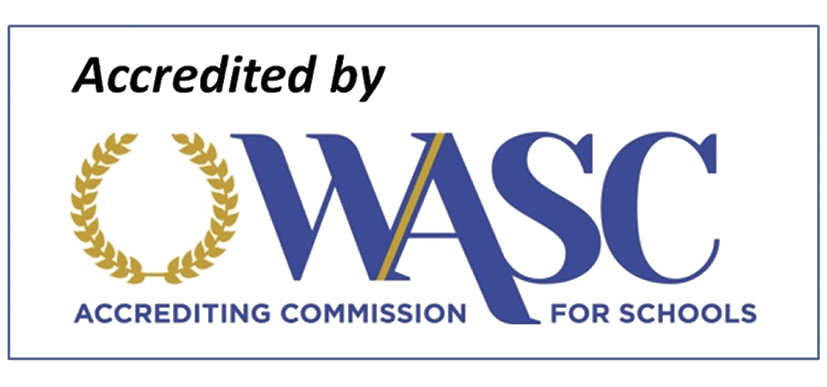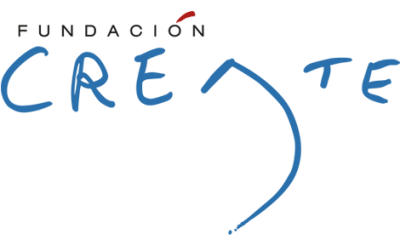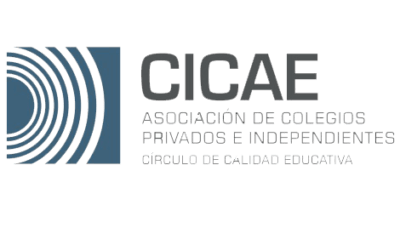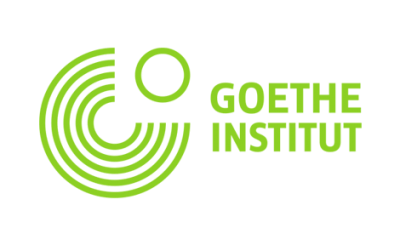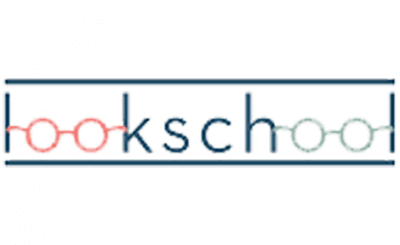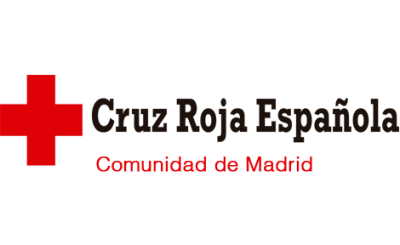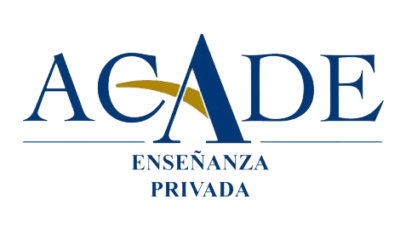Top 10 skills for 2030 and beyond
ISP Schools develops an online tool to predict the most in demand work skills in the future
Educators and parents both share a common question: how do we prepare young people for the future?
ISP Schools are helping answer this question through a ‘mapping your future’ interactive tool now available online for everyone. It is based on the most comprehensive and methodologically ambitious research to date, and a novel prediction model that combines the expertise of humans with the power of machine learning.
The model predicts seven major trends will influence the demand for working skills in the year 2030 and beyond:
- technological change will enable higher efficiency and productivity in the jobs we do today but also create entirely new roles.
- globalization will continue to increase and create even more connected markets and higher economies of scale.
- demographic change will see more pressure being put on nations and their economies to care for people who are living longer and having less children on average.
- environmental sustainability will become a major concern across nations, including those countries which are currently not factoring it in their policies.
- urbanization will rise from 50% to the population living in cities today to 70% by the year 2050.
- increasing inequality, affecting the richer nations, the middle class and challenging some of the assumptions that we have in today’s society.
- political uncertainty will remain as agitators around the world use social media and other communication tools to expand their reach.
Consequently there will be six main categories of jobs needed in order to confront these major trends:
- Teaching and educational professionals, including special education.
- Artistic and media occupations.
- Sports and fitness occupations.
- Health and therapy professionals.
- Professionals with social sciences.
- Managers and proprietors in hospitality and leisure activities.
In relation to the above, the top ten skills to be most useful and valuable for the future as per ISP’s research, are the following in reverse order of importance (from least to most):
- Evaluation of complex systems, so that’s identifying measures or indicators of system performance, and the actions needed to improve or correct performance relative to a goal of the system.
- Problem Solving, as in identifying often complex problems and reviewing related information to develop and evaluate options and implement solutions.
- Coordination, adjusting our actions and the actions of those around us in relation to the environment and the changes in the environment that we see.
- Social Perceptiveness, being aware of other people’s reactions and understanding why they react as they do so. Emotional intelligence, psychology, social awareness all fit into this group.
- Critical Thinking, the ability to use logic and reasoning to identify the strengths and weaknesses of alternative solutions, conclusions or approaches to problems.
- Instruction, teaching other people to do things either in a formal educational setting or as a mentor in any other workplace.
- Creation of ideas. Being able to come up with a range of ideas about a particular issue or topic, and the number of ideas.
- Communication, being able to use verbal and non-verbal modes of communication, including written and other means to inform and to influence other people.
- Decision Making, the ability to consider the relative costs and benefits of potential actions and choose the most appropriate one.
- Skill of Learning, being able to select and use training and instructional methods and procedures to be able to learn new knowledge, new skills, and gain new understanding.
ISP Schools are seeking to bring these skills into action in their schools. Their core learning philosophy is built on three main pillars:
- Students are encouraged to test themselves.
- Experiences and actions really drive students’ learning outcomes.
- Students exercise choice and real ownership over their process of learning.
Some examples of how future skills are nurtured in ISP schools in Spain and also in the UK are:
- the Buddy Exchange programme which allows ISP students to visit schools across the world. Taking themselves outside of their comfort zones developing emotional and social intelligence that will be so vital in them.
- the Model United Nations programme develops key skills such as decision-making, debating, critical thinking as well giving students a genuinely global perspective and political literacy.
All in all, the key takeaway from ISP’s research is that the successful student will be the one that is able to use what they have learned in an effective way.
ISP Schools is a network of 11 private schools in Spain, specialists in British and international education, and part of the International Schools Partnership, one of the largest educational groups in the world, with 50 schools and 45,000 students in 15 countries. We train bilingual students, help them reach their full academic potential, and empower them to adopt an international mindset through innovative learning.
Under this premise, our educational experts have prepared this content as part of the “ISP EDUCATION TALKS” initiative, an useful resource for obtaining information and advice on key issues for the education of our children.
ALAN TAYLOR – School Principal Newton College
CHRIS AKIN – School Principal Lady Elizabeth School
ED DICKIE – Head of Senior School – Claremont School
NATALIA CÁCERES – School Principal de International School Andalucía











